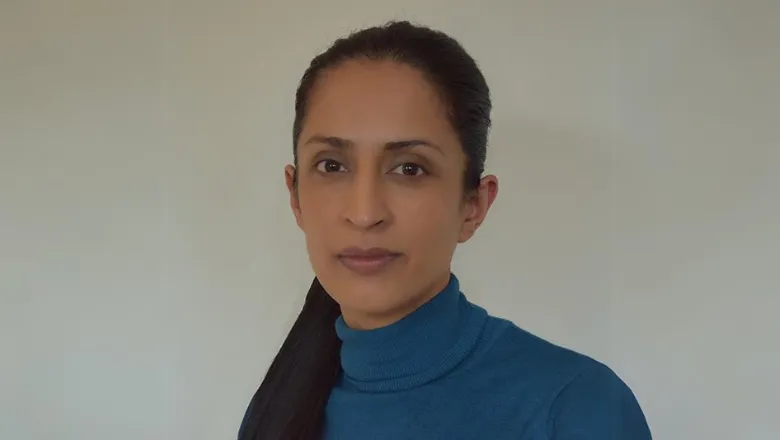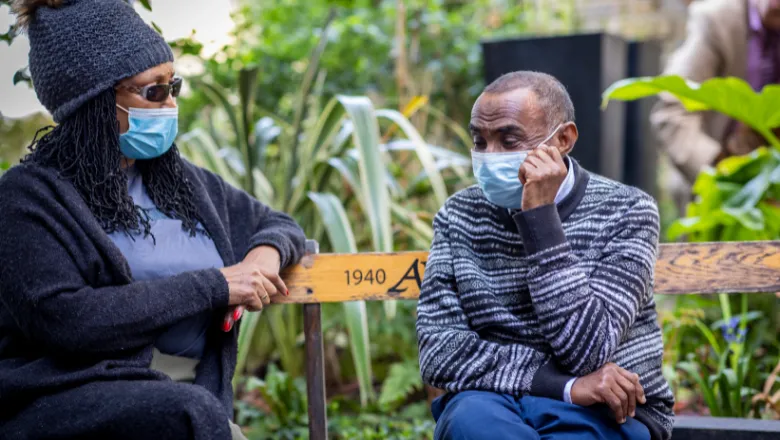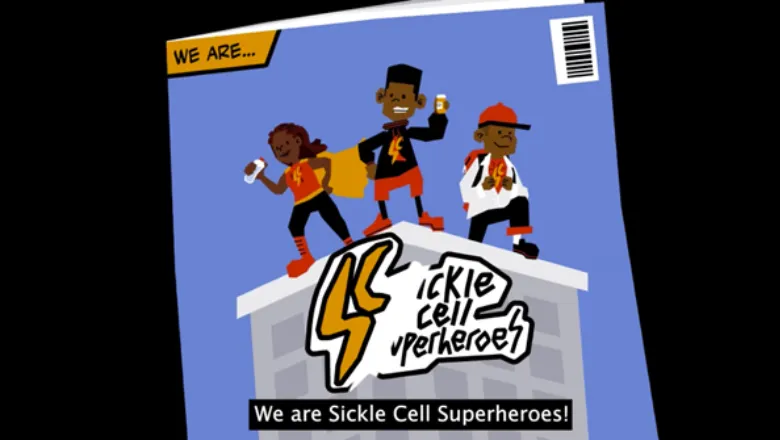22 June 2024
Celebrating palliative and end of life care at King's on Dame Cicely Saunders' birthday
On Dame Cicely Saunders' birthday, we are taking time to celebrate the work being done at Cicely Saunders Institute in the Faculty of Nursing, Midwifery and Palliative Care

Dame Cicely Saunders OM DBE (1918-2005) (Nursing, 1944; Medicine, 1957) revolutionised palliative care for the dying by pioneering the modern hospice movement, as well as establishing the Institute of Palliative Care at King's. This lives on in the Cicely Saunders Institute of Palliative Care, Policy & Rehabilitation.
On her birthday, 22 June, we are spotlight the pioneering work being done at the Cicely Saunders Institute to carry on Dame Cicely Saunders' legacy.

Dr Sabrina Bajwah wins European Association for Palliative Care Clinical Impact Award 2024
In April 2024, Dr Sabrina Bajwah, Clinical Senior Lecturer and Honorary Consultant in Palliative Care, was awarded the Clinical Impact Award 2024 by the European Association for Palliative Care. The award is given to a clinician who has demonstrated excellence in promoting palliative care through clinical practice, public advocacy, policy or education.

65% of adults are worried about access to palliative care
A survey commissioned by King’s College London, and carried out by YouGov, has found that 65% of people across the UK are worried about access to palliative and end of life care, and 41% think there is too little NHS resource allocated to palliative care.
Read the full news piece.

Psychosocial adjustment to advanced oesophago-gastric cancer: an interdisciplinary exploration
In the forthcoming latest installation in the Cicely Saunders Institute Seminar Series, Dr Carla Ghiglieri from the Institute of Applied Health Sciences at the University of Aberdeen explores the experience of living and dying with advanced oesophago-gastric cancer through the lens of personal experience, patient and public involvement (PPI) and psychological theory. Dr Ghiglieri will chronicle her journey from informal carer to public contributor to PhD researcher, where she employed qualitative longitudinal methods (QLR) to gain meaningful insights into the evolving nature of psychosocial adjustment.

Working with children and young people in research so they can have their say
There has been growing emphasis on the importance of working with patients and the public when undertaking research. However, those most likely to be involved in research come from a narrow section of the population, for example people from older age groups, white ethnic and higher socioeconomic backgrounds. Many groups are underserved and underrepresented in research including children and young people and adults from different minority ethnic groups, socioeconomically disadvantaged groups, migrants, asylum seekers, people with mental health conditions and multiple health conditions. Children and young people, as a group have few opportunities for research involvement and there is limited evidence on the best models for partnerships in research with children. Researchers in the Cicely Saunders Institute worked with children and young people, parents, the Sickle Cell Society and Nifty Fox Creative to develop tools that enable children and young people to be involved in research in a way that works best for them. This work was funded by an Independent Medical Education Grant from Pfizer and seed corn funding from King's.
